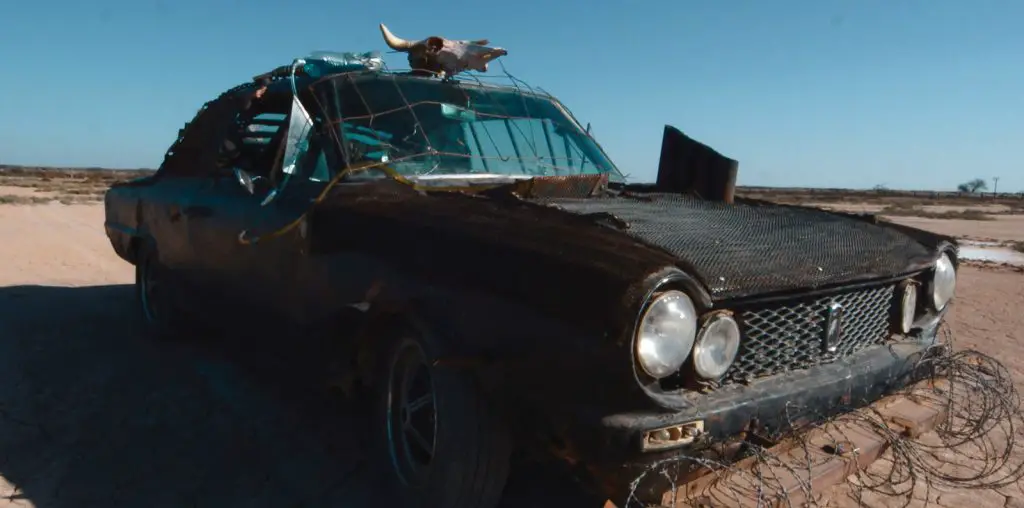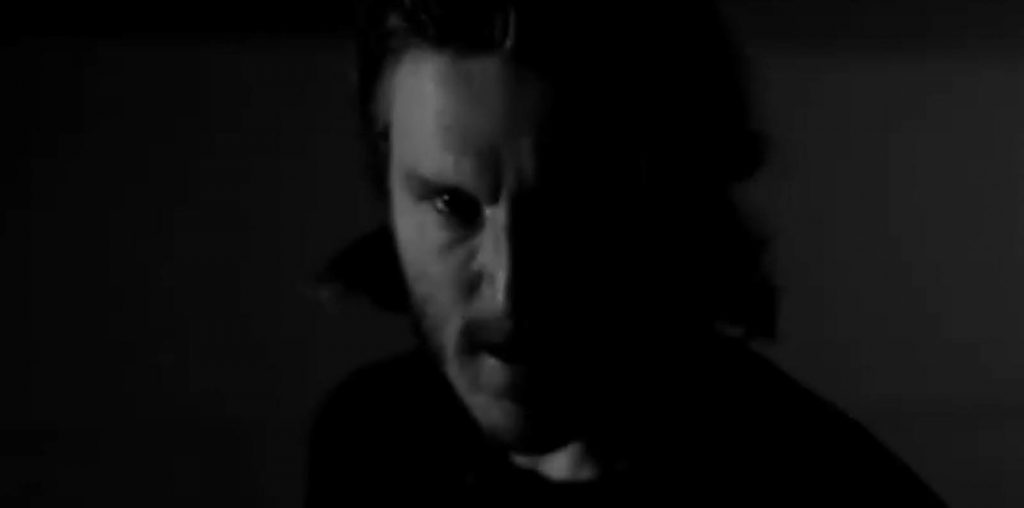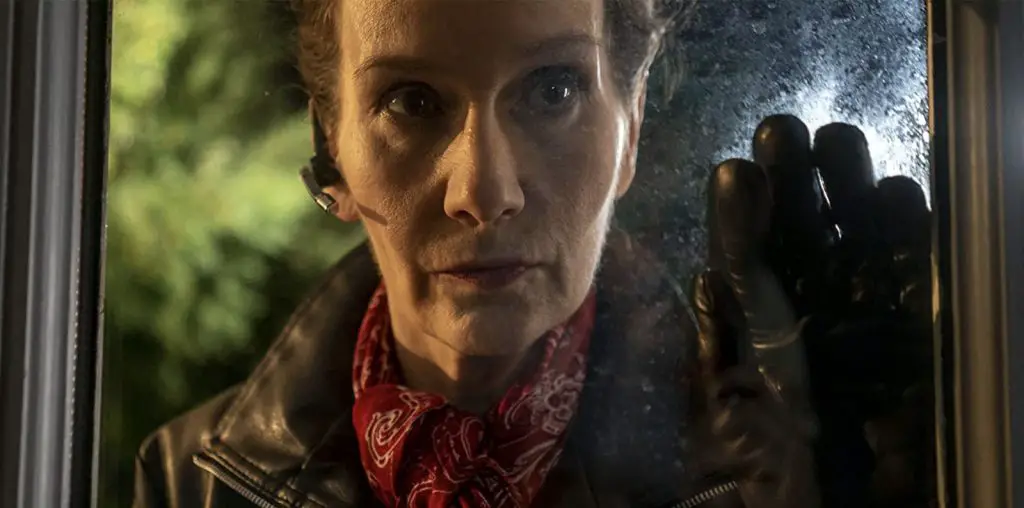
How does Judex sustain this narrative for seven hours? By complicating everything with more characters. First, there’s the evil Diana Monti (Musidora), the former nanny for Jean, who is actually Marie Verdier. She’s set on stealing Favraux’s fortune with the help of Robert Morales (Jean Devalde).
On the side of good, Jean’s new friend is known as The Licorice Kid, a ten-year-old grifter who lives on the streets as an orphan and smokes discarded cigarettes along the way. For comic relief, we have the morally suspect private investigator Cocantin (Marcel Lévesque). The corrupt banker first hires him before his “death” to investigate Judex, and then he’s used by Monti and Morales to continue the search for Judex and the body of Favraux.
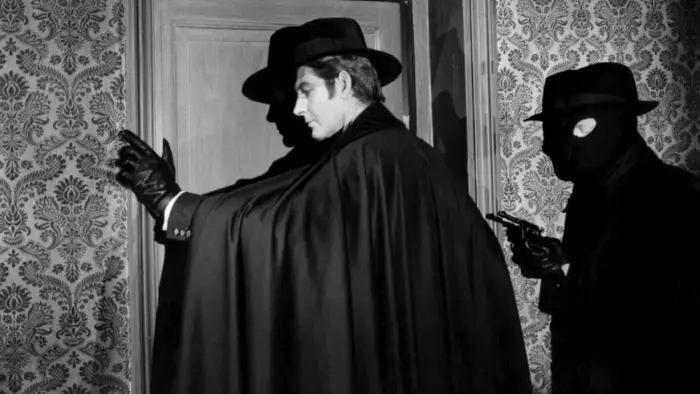
“…an excellent example of complex genre storytelling arising from the birth of cinema.”
Judex is an excellent example of complex genre storytelling arising from the birth of cinema. Coming from France, the plot feels like the early origins of pulp adventure novels finding inspiration as the country struggles with elitism and the meaning of true justice. It also shows an astute progression of action. Writers Arthur Bernède and Feuillade effectively set up the overall plot and wisely reveal who Judex is and his motivations in seeking justice in a methodical way. There’s even an episode devoted explicitly to the origin story of Judex. Like our favorite serials, the intrigue comes in seeing how all of our main character’s lives and history intertwine with one another.
I’ll admit this is the first time I’ve sat down and taken an academic approach to silent, serial films—just a few observations. The storytelling tends to be slow as each scene tends to be a long single shot. There’s lots of simple action with characters entering rooms, situating themselves, and then getting to it. Also, dialogue cards generally straight to the point instead of presenting each line. Entire conversions are summed up in a single line. There is action, but not a lot of it, and up until the last few episodes, it’s rarely anything that requires stunt people.
Judex himself is a handsome man and, like Superman, only needs a hat and a cape to hide his identity. Yes, the limited use of dialogue and single-take wide and medium shots makes it hard to feel the emotional depth of the characters and situations. Like independent film today, Feuillade makes the most of the extremely limited resources available to him to tell such a large and complex story. I could go on all day talking about Judex and how the filmmaker could convey emotion and instill intrigue without today’s modern conveniences. But I won’t. Instead, I’ll urge you to watch it and be impressed as I was.
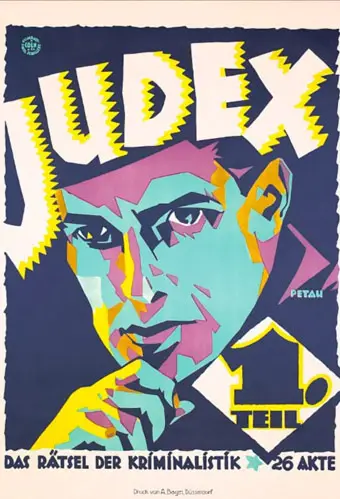
"…like Superman, only needs a hat and a cape to hide his identity."
